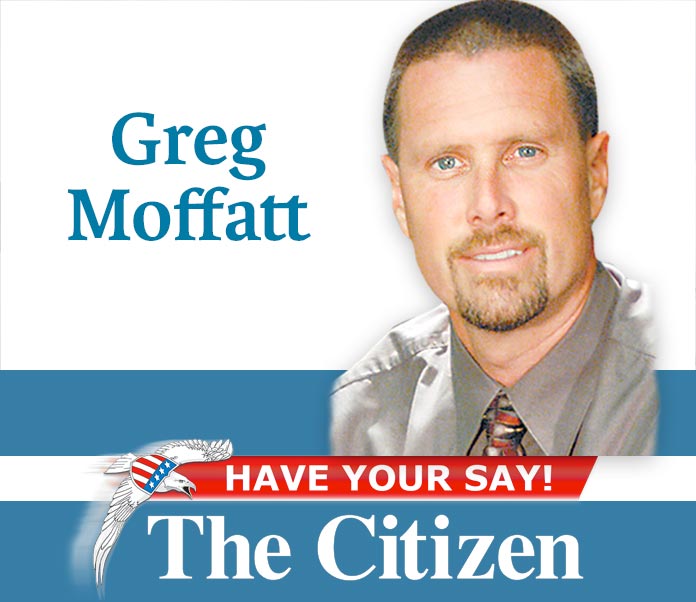Some years ago, I began hearing rumors about a friend. As far as I knew, I was hearing nothing more than rumors. I had no information that made me think otherwise, but I knew that I was hearing similar things from several people. I realized at the time, if I hadn’t realized it already, that it was way more fun for people to gossip about what might be so than to believe the best about someone.
As it turned out, I discovered some months later that the rumors were true. Initially, I felt foolish for being naive. But then I realized something that I didn’t want to change about myself. I believed the best about my friend, even though I was wrong. I don’t want to be someone who assumes the worst.
It is sometimes hard to do, though, especially if you have a history that causes you to distrust. But even then, we still have a choice. I have been a college professor for well over 30 years. Students cheat. I know that. I catch them nearly every semester. But I start my classes each semester with the assumption that students won’t cheat. This is counter to tradition in much of academia. Most professors assume students are cheaters, even though most are not. As a student, I always found that a bit insulting.
So, during tests I don’t troll the aisles scrutinizing students while they are trying to concentrate. My walking around the classroom would only distract them. Instead, I sit at my desk and answer questions as they arise. If a student engages in a behavior I think may be cheating, then I deal with it. Certainly, if I discover cheating, the consequences are clear. But I don’t treat the class as though all are cheaters, because they aren’t.
Ironically, I have found that students live up to my expectation of honesty. Because I believe in them, the ones that wouldn’t cheat are not oppressed by unfair assumptions that they would. And at least some of those who might cheat have chosen to honor me because I’m honoring them. How do I know? They have told me.
One of the reasons people experience road rage is because they assume the motives of the other driver, and that assumption is never positive. Obviously, some drivers deliberately cut us off or drive aggressively with intent. But sometimes that isn’t the case at all. Other drivers who annoy you may not have seen you, they may not be very good drivers in the first place, or maybe they were merely distracted.
It doesn’t have anything to do with us personally. Managing my own frustrations when driving is often as simple as assuming the best in the other driver. What difference does it make if I’m wrong? In the meantime, I am less stressed.
One of my dearest friends often accuses me of making excuses for other people. In a way, I guess I do, but I’m not just making up excuses. When I try to understand someone else’s behavior, even when it affects me personally, I start with the assumption that they didn’t mean to hurt me. I assume they didn’t realize what was happening or that they were doing the best they could. That isn’t an excuse. That is a way of respecting people in a way I would also love to be respected by others.
When I’m supervising clinicians and trying to help them understand the behavior of their clients, I repeat this line often: people are doing the best they can with the tools they perceive they have available to them. Even when people, adults or children, make poor choices – leading to anger, aggression, or addiction, for example — I still believe we are all doing the best we can with the tools we perceive that we have available to us.
If I can help my clients achieve their goals in more functional ways, there will be no ongoing purpose for their dysfunctions. Hence, they will fade. As you probably can already see, this belief is based on an underlying assumption of best intentions.
I wasn’t born yesterday, and I know that believing the best is not always the way it is. Some people are deliberately mean, angry, and vindictive. But just like cheaters in my classes, I choose to force others to show that to me before I will believe it rather than to assume it about them from the outset. That allows me to let go of anger, and it makes it much easier to live with myself.
[Gregory K. Moffatt, Ph.D., is a college professor, published author, licensed counselor, certified professional counselor supervisor, newspaper columnist and public speaker. His website is gregmoffatt.com.]












Leave a Comment
You must be logged in to post a comment.